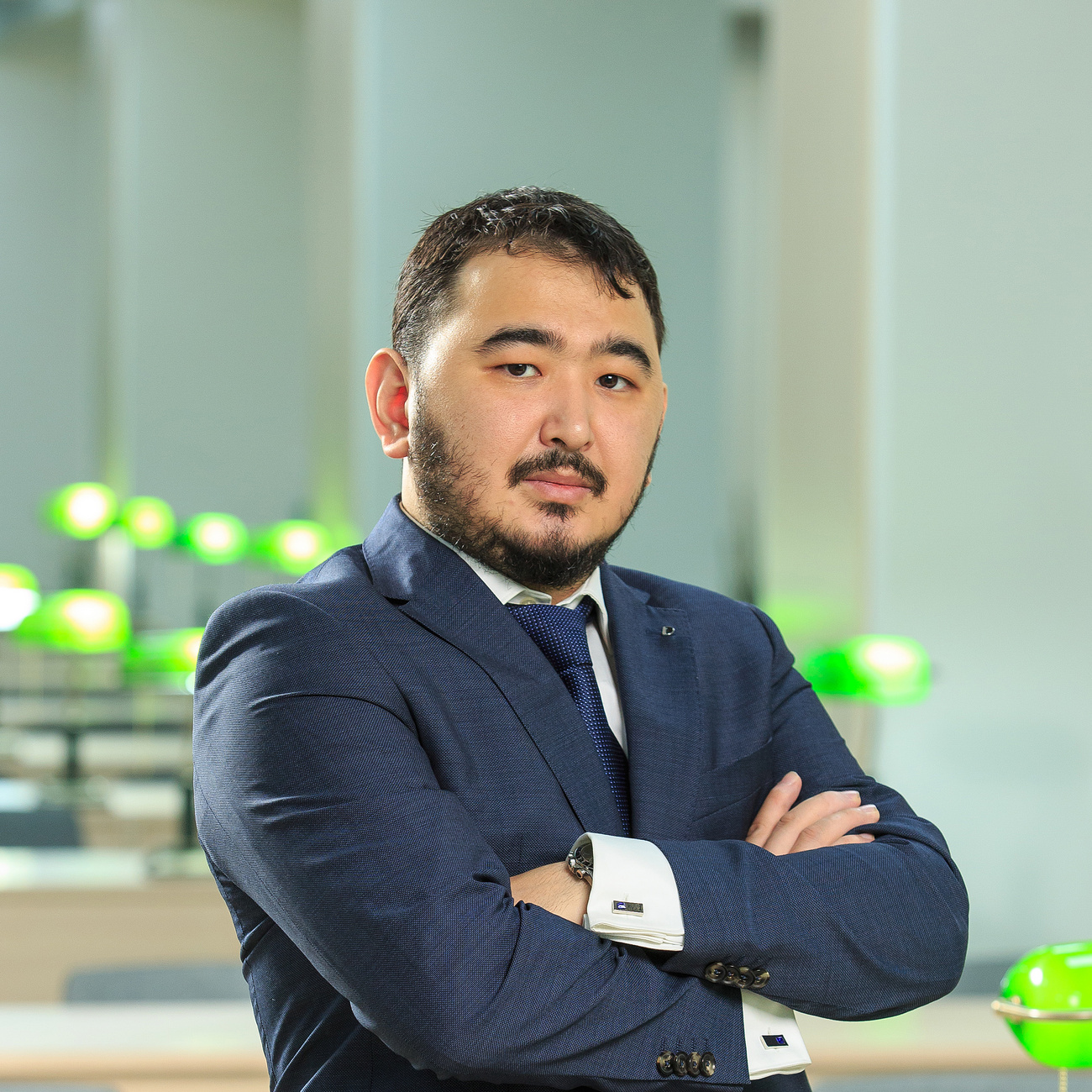
- 2013 - 2023 teaching assistant, lecturer, senior lecturer, Department of Informatics, Kazakh National University. al-Farabi.
- 2015 - present - RM Bolashak, Chairman of the Board
- 2010 - 2013 - KazNU named after. al-Farabi, Leading specialist, programmer.
- 2010 - 2011, KazNPU, Leading specialist, programmer.
- 2005 - 2010, Republican Movement "Bolashak", Head of technical department, web designer.
- 2007 -2009, Design studio "Arle", Outdoor advertising developer, Head of web development department
2007 - 2011 Kazakh Economic University. 5B070400 computer engineering.
2011 - 2013 al - Farabi Kazakh National University. 5B070400 Master of Computer Science and Software.
Development of numerical methods for solving the Navier-Stokes equations, combining fictitious domains and adjoint equations
Development and implementation of a cloud-based information and computing complex for automated development and optimization of pharmacokinetics and pharmacodynamics models
Innovative technology for layer-by-layer combustion of solid fuel without loss of small particles and a combustion unit without a grate.
Publications
Sarsembayev Magzhan Smagulovich, Burlibaev A.Zh., Makashev E.P., Mansurova M.E., Urmashev B.A., Pyrkova A.Yu. 2015 - 6 - page 0
Sarsembayev Magzhan Smagulovich, Omarova P.T. 2016 - 4 - page 7
Sarsembayev Magzhan Smagulovich, Omarova P.T. Cloud data processing system for automatic generation of combustion models 2016 - 4 - page 7
Sarsembayev Magzhan Smagulovich, Temirbekov A.N., Urmashev B.A. Using the CUDA technology to accelerate calculations in problems of chemical kinetics 2018 - 12 - page 1
Sarsembayev Magzhan Smagulovich, Urmashev B.A. Using Cuda technology to speed up calculations in chemical kinetics problems 2020 - 8 - page 56
Sarsembayev Magzhan Smagulovich, Urmashev B.A., Mamyrbaev O.Zh., Turdalyuly M.., Sarsembayeva T.S. USING THE CUDA TECHNOLOGY TO SPEED UP COMPUTATIONS IN PROBLEMS OF CHEMICAL KINETICS 2021 - yr 8 - page 336
